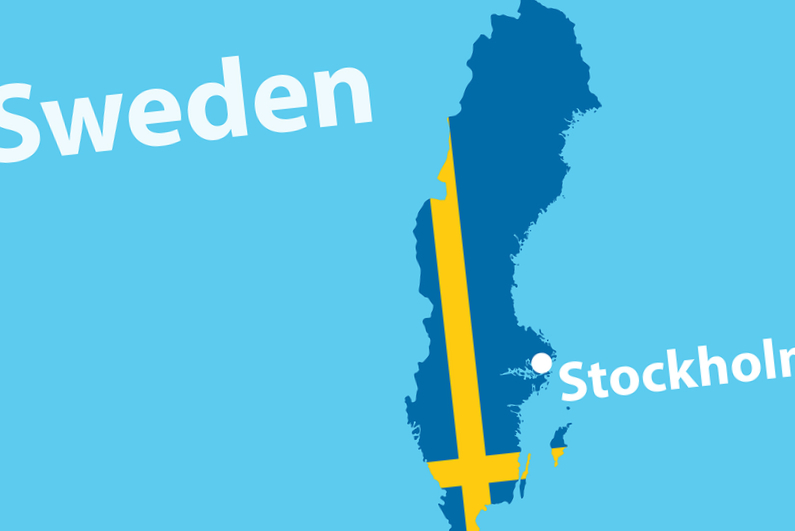A law just passed in Sweden allows international online poker operators to obtain a license in the country. Thus ending the state-run gambling monopoly.
Poker is very popular in Sweden, but for many years the market has been monopolized by the state. June 2018 saw the approval of new gambling laws that rid the country of this monopoly. Swedish players will soon be able to play online poker on international platforms against players from overseas without having to use Svenka Spel, the state-run operator. The new laws come into play on January 1, 2019.
Major changes in Sweden
The Scandinavian countries have traditionally been protective when it comes to their gambling monopolies. While Norway continues with its strict framework, Sweden has finally decided to end its monopoly hold on the industry.
Back in 2013, the European Commission criticised Sweden for its monopoly stance as the country was found to be violating numerous EU laws. The main issue was their lack of compliance with the European Treaty’s law that said member countries must allow overseas gaming operators to obtain licenses.
While it took many years for the authorities in Sweden to finally pass the subsequent laws, the country is set to finally be in compliance come the turn of the year. Until then, Svenka Spel will continue to operate in its monopoly position, making the most of its few remaining months. The ban on Swedish people using international online poker platforms and gambling apps will finally be lifted.
The authorities have admitted that it’s too hard to enforce such a monopoly even if they wanted to, such is the power of the Internet and the various workarounds that people could use. Operators have been in the country for years without licenses, and the existing laws were not helping to protect either the players or the industry as a whole. This includes the likes of Unibet, 888Poker, PartyPoker, and PokerStars, who have been ignoring the previous laws for many years and haven’t been penalized in any way.
There are also concerns that unregulated gambling efforts are fuelling criminal activity in the country. Many hope that opening up the market will help to resolve this issue.
The new bill, entitled “A re-regulated gambling market”, has opened up the Swedish gaming sector to international operators who will be able to apply for their licenses from August 1, 2018.
An 18% tax will be levied on those who obtain a license. The tax will not apply to Svenka Spel, the national operator, which will continue to support its homegrown offering in the hope that it will remain a popular choice despite losing significant market share as a result of these changes.
The new legislation also brought new powers to the Swedish Gaming Authority (SGA), which now has the ability to shut down any site that attempts to operate without a license.
Online poker in Europe
After several shaky years, this is another positive move for the online poker scene in Europe. Earlier this year, Spain teamed up with Portugal and France in a joint player pool, which has been doing very well to date.
This means that players can play against a wider group of competitors and be able to access better benefits, such as increased tournament sizes, which naturally will have increased prize money. Following this move, the poker market in France managed to increase its revenue in the first quarter of 2018 by 8%, having struggled over the last few years.
The two biggest names in the online poker scene are 888Poker and PokerStars, but they have not given any indication of their stance on the changes in the Swedish market or whether they are likely to apply for a license in this newly opened market.
The current population in the country is nine million, which is reasonably significant. It would also be a welcome boost to certain operators in the wake the Australian government’s ban on online poker towards the end of 2017.
Fellow European countries will be watching closely to see how these new regulations work out in Sweden.
Back in 2013, the EU Commission singled out Romania, Poland, Lithuania, the Czech Republic, Cyprus, and Belgium for not complying with the relevant laws. At that time, the Commission was also looking into the likes of the Netherlands, Hungary, Greece, Germany, and France.
These countries have been making strides since then to comply with these laws, with some being more successful than others. Germany, for example, saw its gambling laws struck down following a European Court of Justice (ECJ) judgment, which means that the country currently has no strict rules for online gambling within the state.



